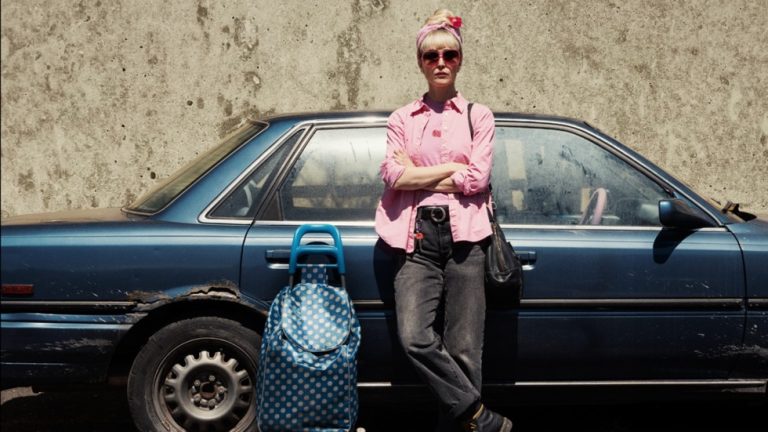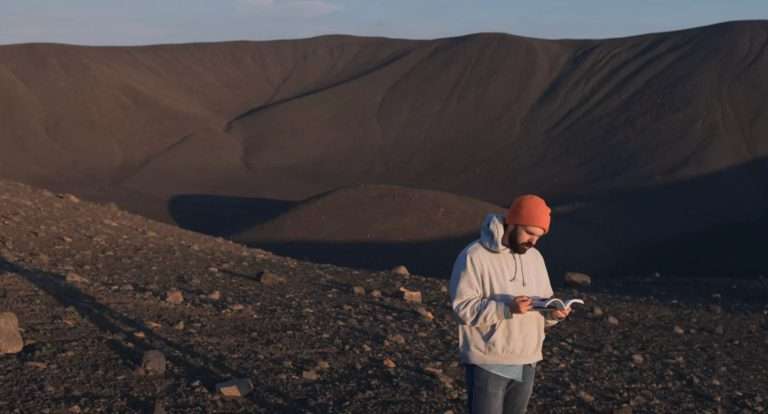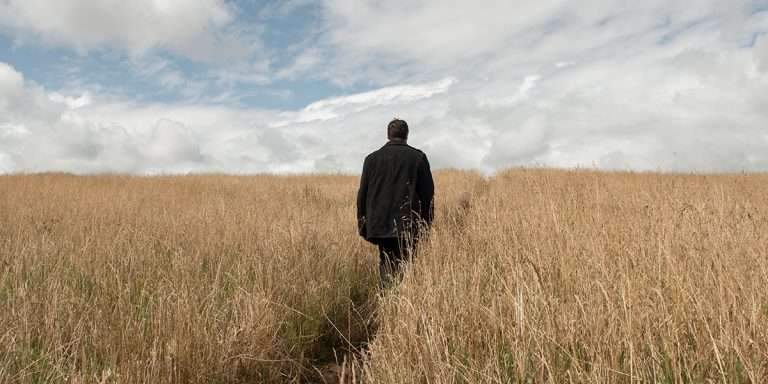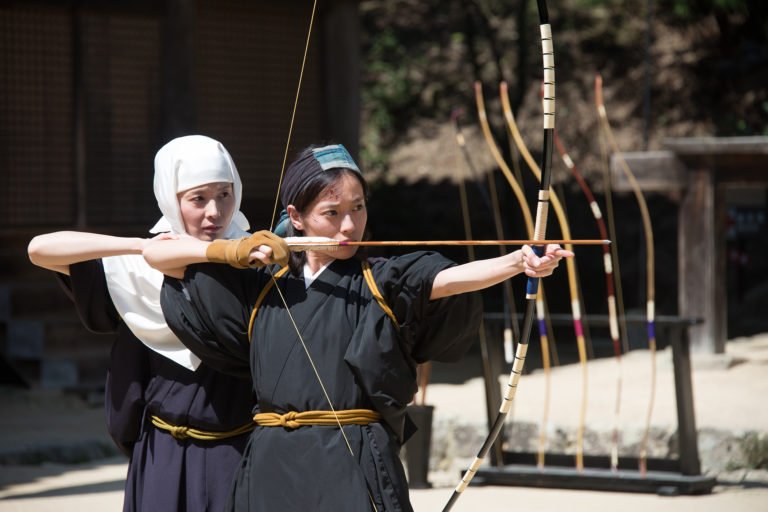One of the longstanding bits of wisdom pertaining to the film industry comes from an immortal quote by W.C. Fields: “Never work with children or animals.” Though Fields’s quote is intended as a warning that those adorable subjects will always steal the spotlight from adult costars, the colloquial evolution of the phrase has come to signify that working with children and animals essentially means asking for a needlessly difficult production, hampered by beings lacking the capacity to fully understand the nuances of performing for an audience. Throughout her career, Andrea Arnold has made a concerted effort to show that the accepted wisdom is, to cite her homeland’s own colloquialisms, a load of bollocks.
Though the British filmmaker has continued to step further outside the typical realm of kitchen sink realism that has largely defined her oeuvre—her previous narrative film taking her all the way to America—one thing that has remained consistent is her interest in the struggles of the youth and the kinship they seem to find in the animalistic brethren unlikely to share in that sense of bonding. “Bird” is the latest in Arnold’s series of explicitly animal-centric projects, and if you’re inclined to ask whether the creature enshrined in the film’s title is meant to be taken literally or as a metaphor, then the answer to your query is simple: yes.
Of course, the primary subject of “Bird” isn’t one of our avian amigos, but the 12-year-old Bailey (first-timer Nykiya Adams), an independent-minded child living with her neglectful father Bug (Barry Keoghan, likely genetically engineered in a vat of Irish whiskey to one day star in an Arnold film) and half-brother Hunter (Jason Buda). As Bug announces his impending marriage to a new flame he’s known for less than half a year, Bailey seeks solace out in the fields, where she encounters a strange and quiet man named Bird.
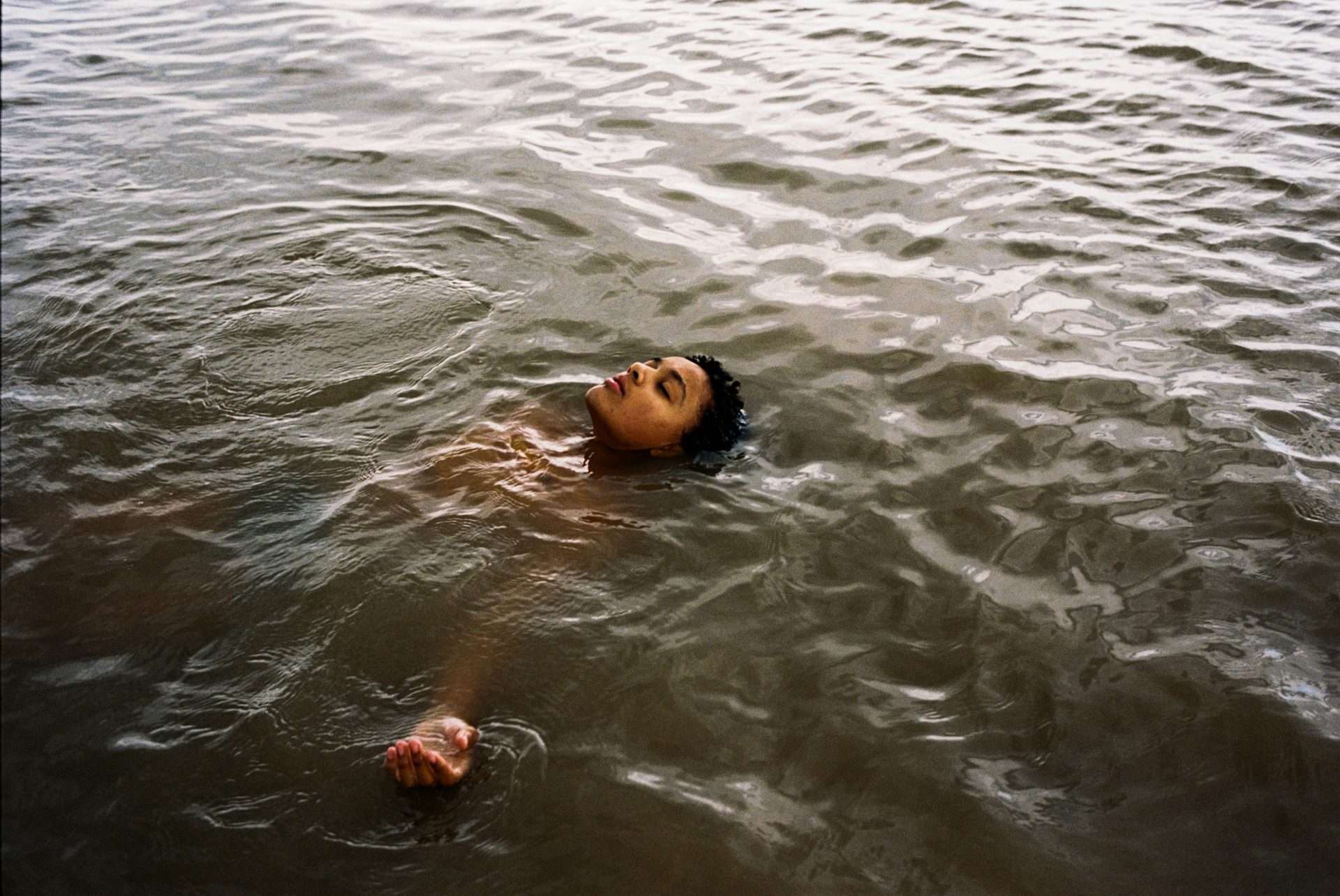
Bird is played by German actor Franz Rogowski, whose unique physique has previously served him well in playing enigmatic men in films like “Transit” and “Passages.” Here, Bird is a truly calming figure, with Rogowski’s lisping voice and lanky presence intriguing Bailey just as often as they confound her. Bird is on a quest to find his birth parents, and in aiding him, Bailey sees a path to aid herself—like tending to the broken wing of a crow, helping Bird gives this child her own sense of orientation amid the casual neglect she faces from her father’s side and the abuse her mother faces at the hands of her toxic boyfriend-of-the-week.
As with all of Arnold’s films, “Bird” is best served by the grimy energy she’s able to pull from her actors, confining them within shaky handheld camerawork that captures their existence in apartment complexes and streetsides decorated with graffiti. Though Keoghan is not in the film nearly as much as recent “Saltburn” discoverers might hope, his presence gives the film a necessary parental intricacy to color Bailey’s troubles; he’s not abusive in the same way as the violent man Bailey’s mother dates, but his own aloofness does just as much to push her towards a savior complex, no matter how much he genuinely wants them to exist as a family.
Keoghan’s necessary presence is, naturally, dwarfed significantly by those of both Adams and Rogowski. The former, a showstopping newcomer to film acting, has more than earned a spot among previous Arnold discoveries like Katie Jarvis and Sasha Lane, as her protective ferocity is countered by her age to highlight the sobering tragedy of someone in no way suited to face a life in this milieu without an adult figure guiding the way.
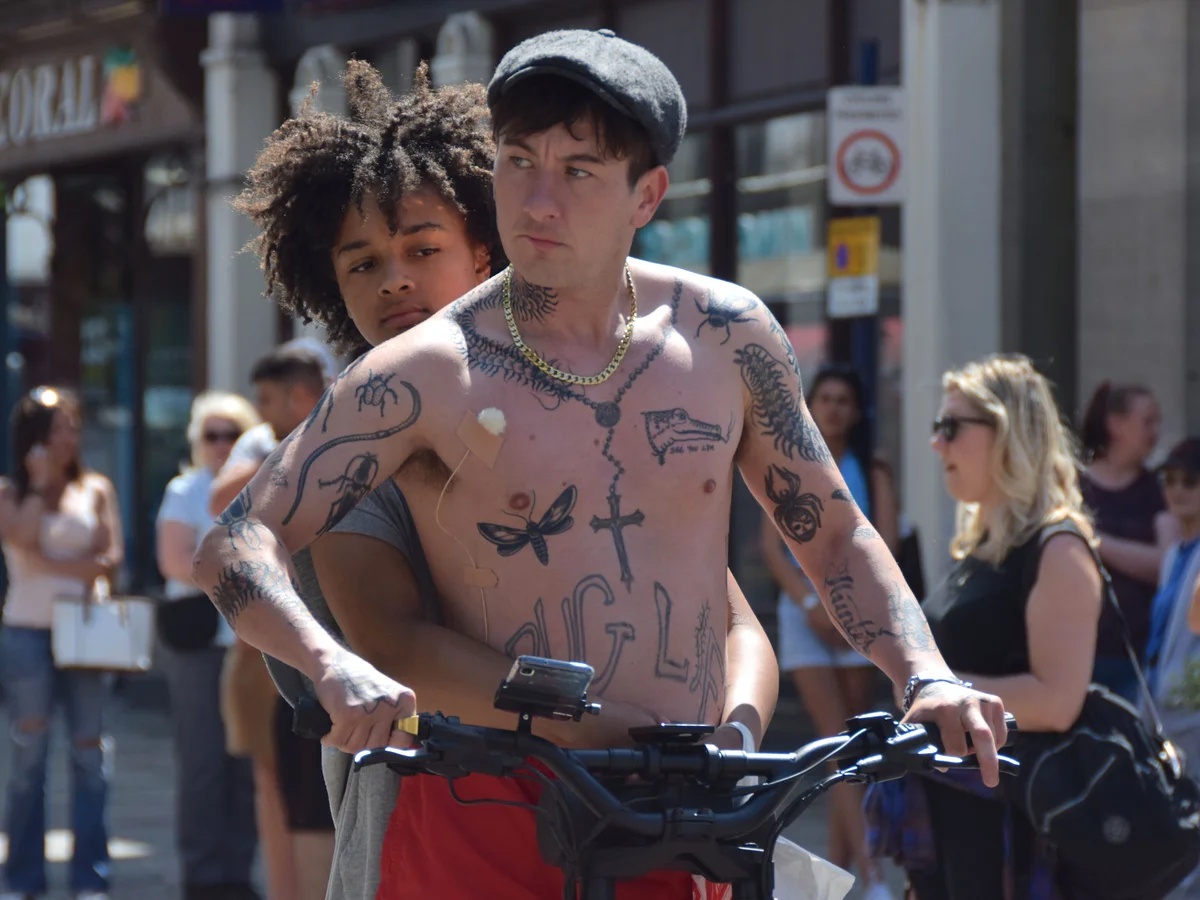
One would think, then, that Rogowski’s Bird is that guiding force, but like so many birds flying free out of Bailey’s reach—recorded for posterity on her phone alongside so many instances of abuse captured for the sake of insurance—his own frailty and lack of direction leaves him at a loss to be of any real help beyond the allure of escape. As Rogowski cranes his head and perches over a rooftop ledge, one gets the sense that this may genuinely be a pigeon granted a wish by a genie to be turned human, only for that wish to be soured with every passing moment spent among us.
Yes, there comes a point in “Bird” where Arnold may genuinely be asking you to ponder whether this man is actually a frail, feathered animal in some form or another, which leads to the biggest point of contention for any of the film’s detractors: the director’s clashing sense of realism. Inhabiting a space of mucky concrete and splintered wooden doors, it may be too much to ask for some to embrace the sort of blunt obviousness that comes with some of Arnold’s dialogue—“I wish I was like you, Bailey,” says one character, “…so sure of yourself”—alongside the more… shall we say, expressive aspects of Rogowski’s characterization.
There is, however, a genuine desire to examine the ways we cope with the world around us that weaves its way through all of Andrea Arnold’s work, and “Bird” takes the notion of wanting to soar across the bay and fly away from it all more tangible than ever before. Even if that means taking the metaphor to places that Arnold’s forebears like Ken Loach would never dream of, it’s difficult to argue against the more feathery method when a simple dance to the tune of “Cotton-Eye Joe” can feel like a gust of wind carrying you through the clouds.



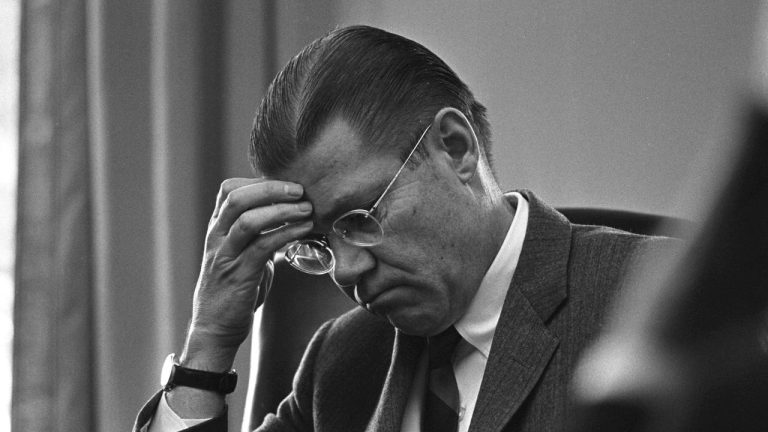
![Love in Kilnerry [2022] Review – A small-town comedy that feels like a Lifetime movie minus the comedy](https://79468c92.delivery.rocketcdn.me/wp-content/uploads/2022/08/Love-in-Kilnerry-Movie-Review-2-768x426.jpg)
